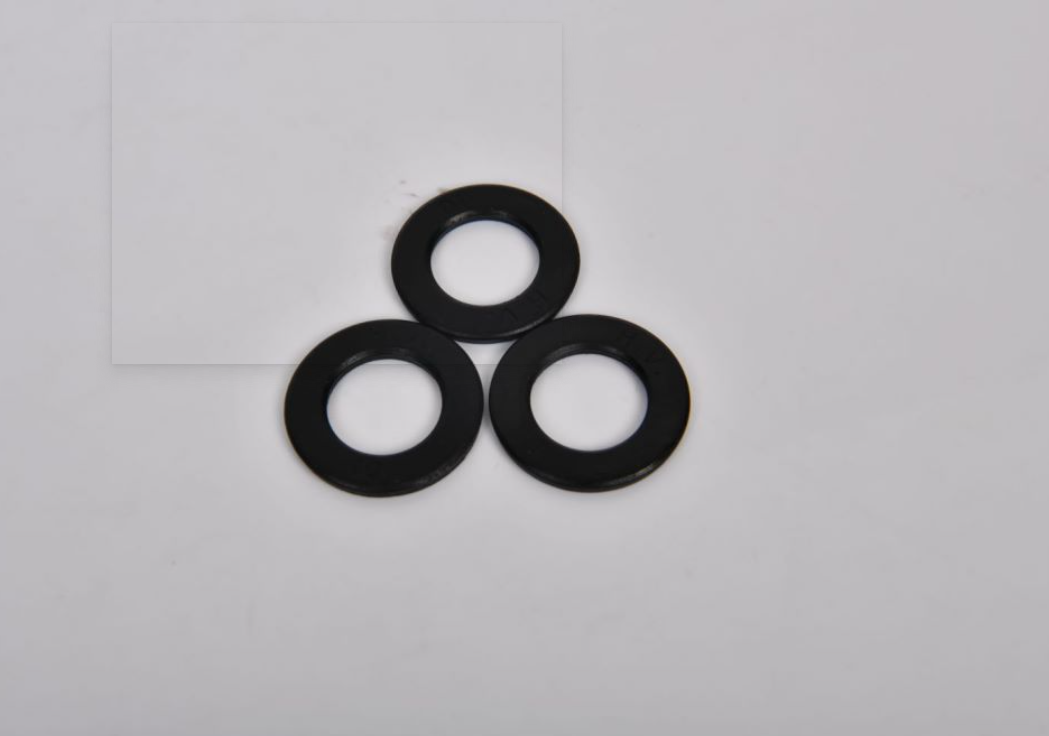best drywall screw finder
Finding the Best Drywall Screw A Guide to Choosing the Right Product for Your Project
When it comes to drywall installation, selecting the right screws is an essential part of ensuring a sturdy and lasting structure. With numerous options available on the market, finding the best drywall screws can be daunting. This guide will explore the different types of drywall screws, their features, and how to choose the right one for your project.
Understanding Drywall Screws
Drywall screws are specifically designed for fastening drywall sheets to wooden or metal studs. Unlike traditional wood screws, drywall screws are made with a sharp tip for easy penetration, and they feature a bugle head that allows them to sit flush with the drywall surface.
There are two primary types of drywall screws coarse-thread screws and fine-thread screws. Coarse-thread screws are ideal for attaching drywall to wood studs, as their larger threads provide superior grip in softer materials. On the other hand, fine-thread screws are better suited for metal studs, where their tightly spaced threads help prevent stripping.
Material Matters
The material of the drywall screw also plays a significant role in its performance. Most screws are made from steel, which offers strength and durability. However, to prevent rust and corrosion, particularly in humid environments, many screws are coated with a protective finish, such as zinc or black phosphate. These coatings significantly extend the lifespan of screws, making them a critical factor to consider.
Length and Size
Choosing the right length of drywall screw is crucial. The standard screw length used for 1/2-inch drywall is 1-1/4 inches, while 5/8-inch drywall typically requires 1-5/8-inch screws. It's essential to ensure that screws are long enough to penetrate both the drywall and the underlying stud but not so long that they risk breaking through the other side. Additionally, the gauge of the screw is also important; most drywall screws are either 6 or 8, with 6 being common for light-duty applications.
Head Design
best drywall screw finder

The head of the screw affects how well it integrates into the drywall surface. Bugle heads are ideal for drywall applications as they minimize the risk of tearing the paper surface of the drywall. Some screws come with a Philips or square drive head, which provides better torque and reduces the likelihood of stripping compared to slotted heads.
Best Practices for Use
When using drywall screws, it’s crucial to drive them correctly. Overdriving can damage the drywall, leading to cracks and ultimately reducing the structural integrity of the installation. A power drill with a depth-sensitive clutch can help ensure that screws are driven to the correct depth without being over-driven.
Top Recommendations
Several brands are known for producing high-quality drywall screws. Some of the best options on the market include
1. GRK Fasteners – Known for their high-quality construction and durability, GRK offers screws suitable for both wood and metal studs. 2. Senco – Senco’s line of drywall screws features reinforced heads that minimize breakage and provide exceptional holding power.
3. Simpson Strong-Tie – Their self-drilling drywall screws are perfect for metal studs and promote fast installation without pre-drilling.
Conclusion
Finding the best drywall screw for your project revolves around understanding your specific needs. Consider the material, type, length, and head design when making your choice. Investing in high-quality screws will not only streamline your installation process but also enhance the durability and overall finish of your drywall project. With the right screws in hand, you can ensure your walls are both sturdy and visually appealing. Happy building!
-
Top Choices for Plasterboard FixingNewsDec.26,2024
-
The Versatility of Specialty WashersNewsDec.26,2024
-
Secure Your ProjectsNewsDec.26,2024
-
Essential Screws for Chipboard Flooring ProjectsNewsDec.26,2024
-
Choosing the Right Drywall ScrewsNewsDec.26,2024
-
Black Phosphate Screws for Superior PerformanceNewsDec.26,2024
-
The Versatile Choice of Nylon Flat Washers for Your NeedsNewsDec.18,2024










